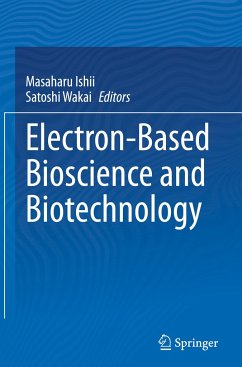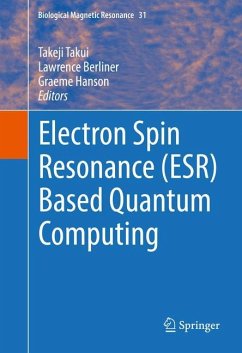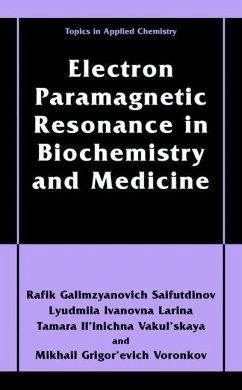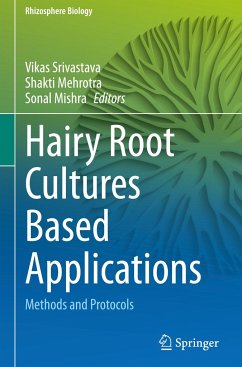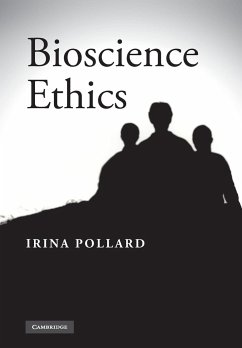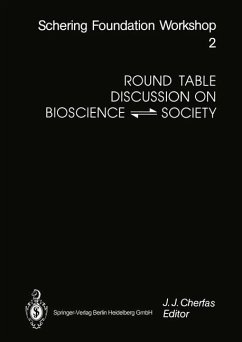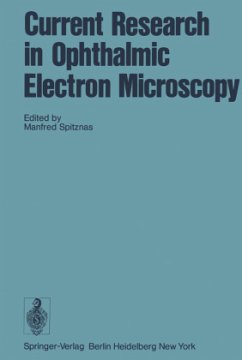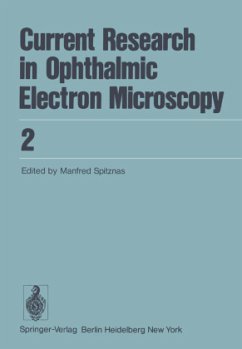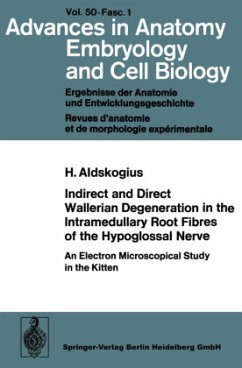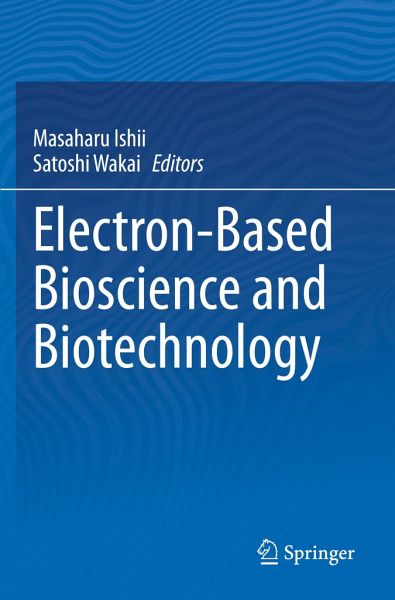
Electron-Based Bioscience and Biotechnology
Versandkostenfrei!
Versandfertig in 6-10 Tagen
76,99 €
inkl. MwSt.

PAYBACK Punkte
38 °P sammeln!
This book offers a comprehensive introduction to electron-based bioscience, biotechnology, and biocorrosion. It both explains the importance of electron flow during metabolic processes in microorganisms and provides valuable insights into emerging applications in various fields. In the opening section, readers will find up-to-date information on topics such as electron transfer reactions, extracellular electron transfer mechanisms, direct interspecies electron transfer, and electron uptake by sulfate-reducing bacteria. The focus then shifts to state-of-the-art advances and applications in the ...
This book offers a comprehensive introduction to electron-based bioscience, biotechnology, and biocorrosion. It both explains the importance of electron flow during metabolic processes in microorganisms and provides valuable insights into emerging applications in various fields. In the opening section, readers will find up-to-date information on topics such as electron transfer reactions, extracellular electron transfer mechanisms, direct interspecies electron transfer, and electron uptake by sulfate-reducing bacteria. The focus then shifts to state-of-the-art advances and applications in the field of biotechnology. Here, the coverage encompasses e.g. progress in understanding electrochemical interactions between microorganisms and conductive particles, enzymatic reactions and their application in the bioproduction of useful chemicals, and the importance of redox balance for fatty acid production. In closing, the book addresses various aspects of the complex phenomenon of microbiologically induced corrosion, highlighting novel insights from the fields of electromicrobiology and electrochemistry and their implications.





